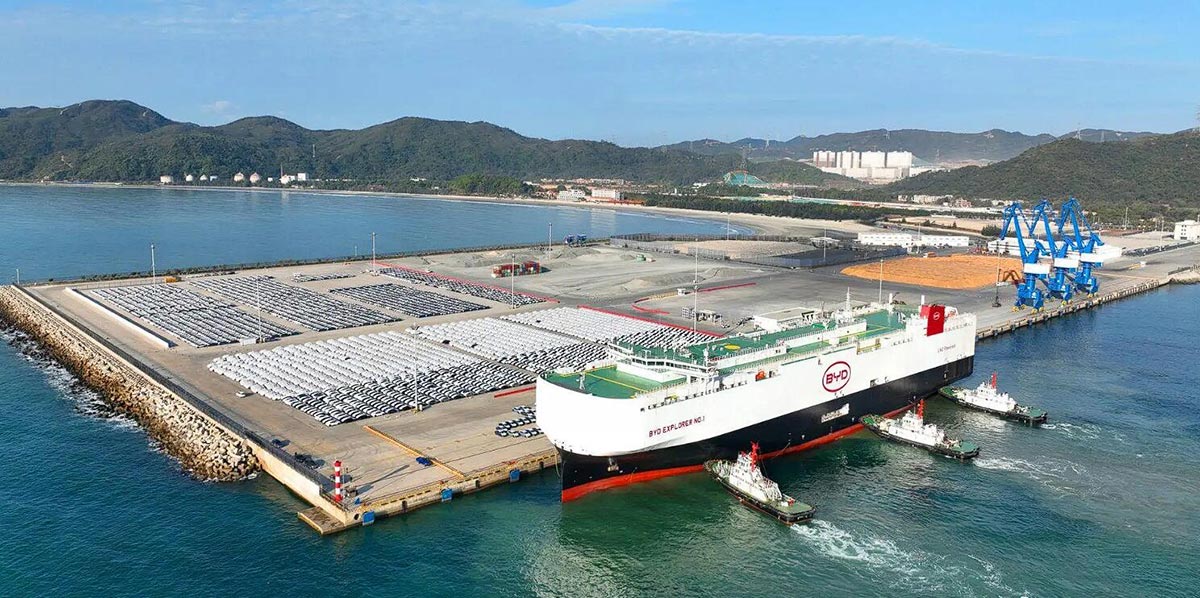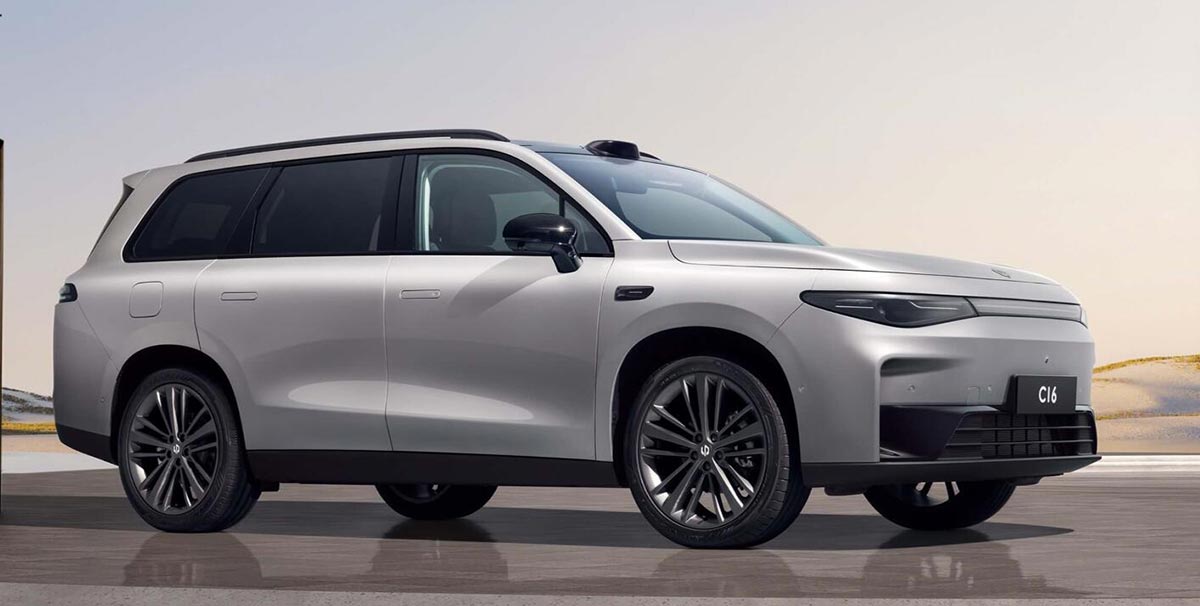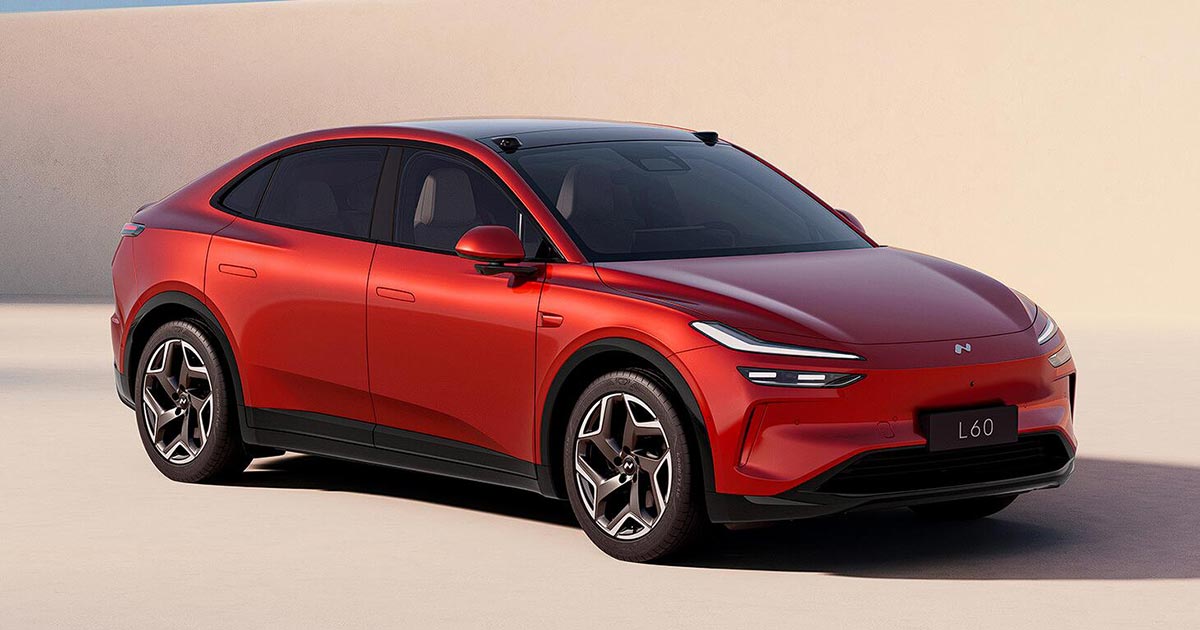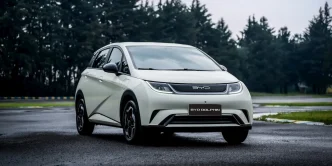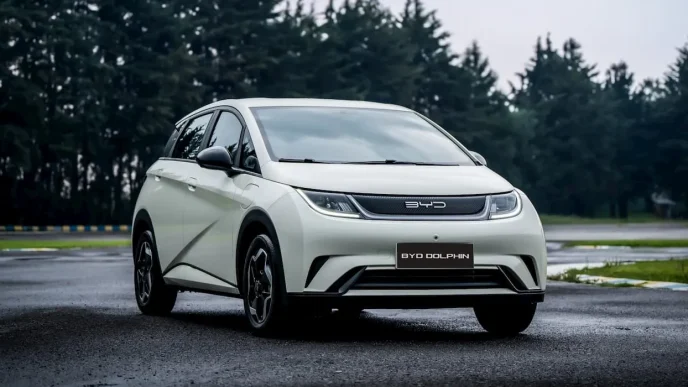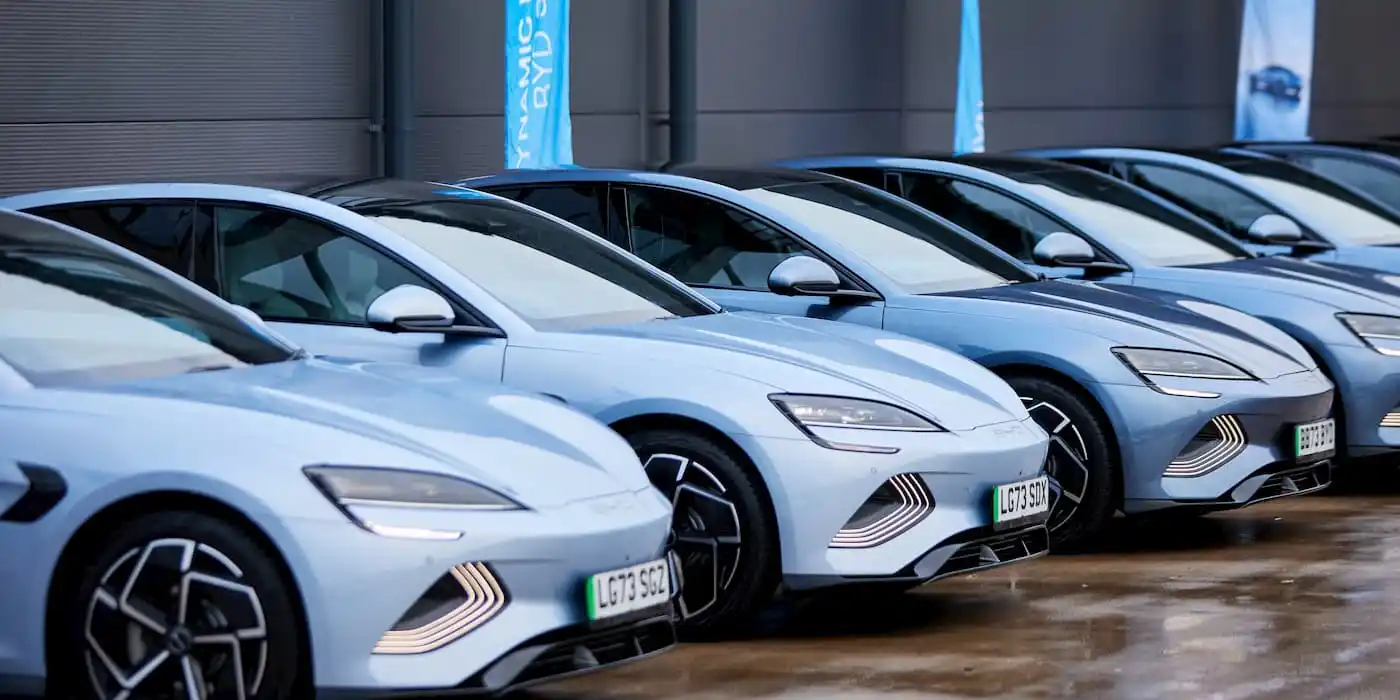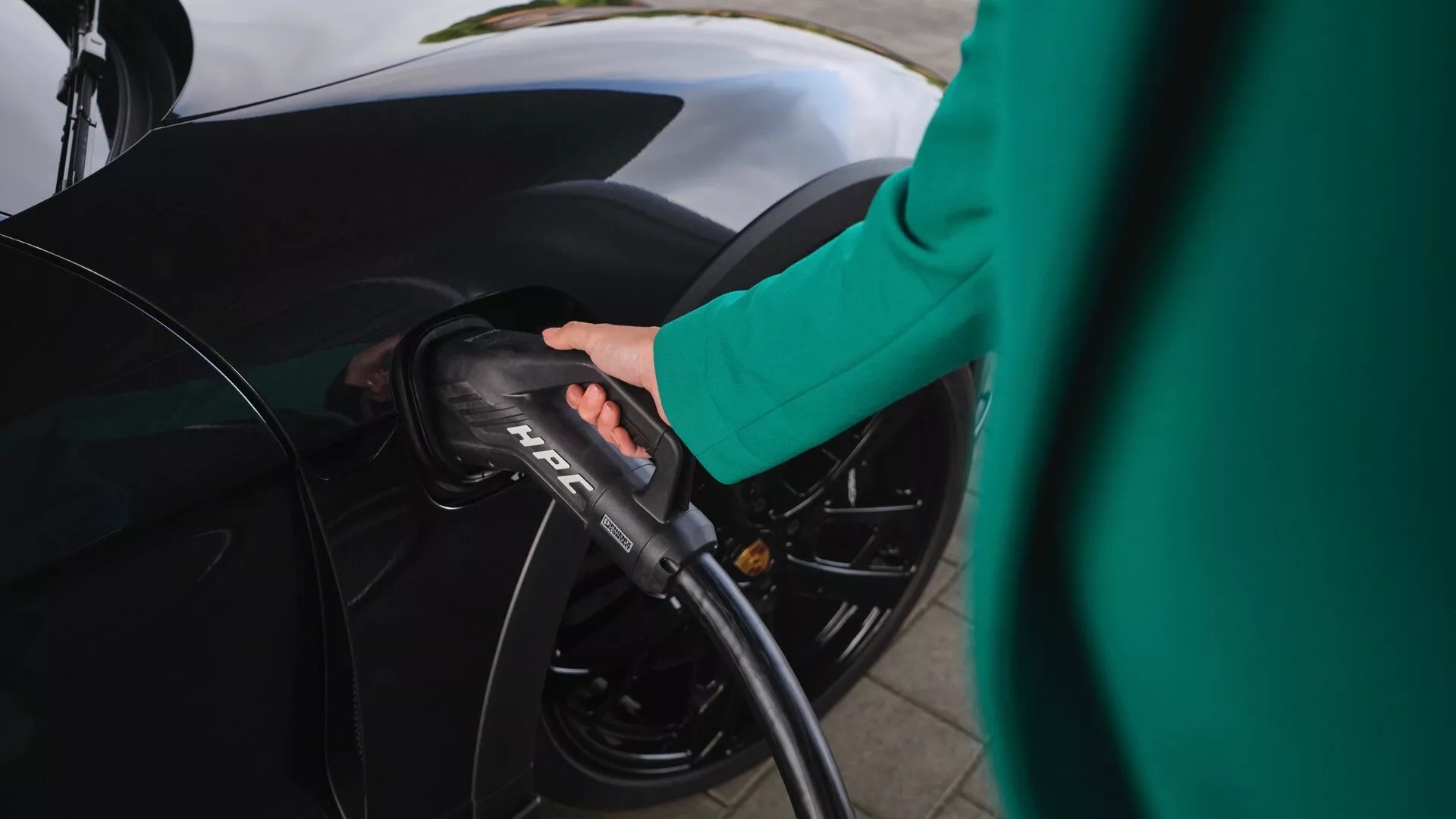The European Union is scheduled to vote on October 4 regarding the implementation of tariffs up to 45% on imported electric vehicles (EVs) from China, according to sources familiar with the discussions. Member states have been provided with a draft regulation outlining the proposed measures, although the vote has been postponed slightly to allow for final negotiations with Beijing aimed at finding a resolution to avoid the tariffs.
Despite the delay, talks between EU officials and Chinese representatives may continue even if the member states decide to impose the tariffs. The timeline for the vote remains fluid, as indicated by the sources, who spoke on the condition of anonymity.
This decision follows a probe by the European Commission, which concluded that China unfairly subsidizes its EV industry, necessitating tariffs to ensure European manufacturers are not placed at a disadvantage. The report stated, “The European Commission found that China unfairly subsidizes its EV industry,” highlighting the rationale behind the proposed tariffs.
China has denied any allegations of unfair practices and has threatened retaliatory measures against European products, which could include tariffs on dairy, brandy, pork, and large-engine vehicles.
Should the vote succeed, new duties could be implemented at approximately 35% starting in November for a five-year period, unless a qualified majority—15 member states representing 65% of the EU’s population—opposes the initiative. This would be in addition to the existing 10% tariff rate.
Some member states, including Germany and Spain, have cautioned against the imposition of such tariffs, suggesting it could provoke a trade war. China was noted to be Europe’s second-largest trading partner, with trade between the two entities amounting to €739 billion ($825 billion) last year.
European officials are optimistic about the support necessary for the tariffs but remain cautious, especially after Spanish Prime Minister Pedro Sanchez expressed opposition to the levies and Germany continued to advocate for a diplomatic resolution with Beijing. German Economy Minister Robert Habeck stated, “I am not a fan of countervailing duties because this will likely lead to countermeasures and involve us in a tariff dispute, perhaps a tariff war, with China. I am working to find a political solution that will not drive us into a tariff war with China.”
Efforts are ongoing between the EU and China to reach a negotiated settlement that would include mechanisms for controlling export prices and volumes rather than resorting to tariffs. However, the EU has thus far dismissed proposals from China, insisting that any solution must align with World Trade Organization rules, address the effects of Chinese subsidies, and be subject to EU compliance monitoring.
Source: Bloomberg

